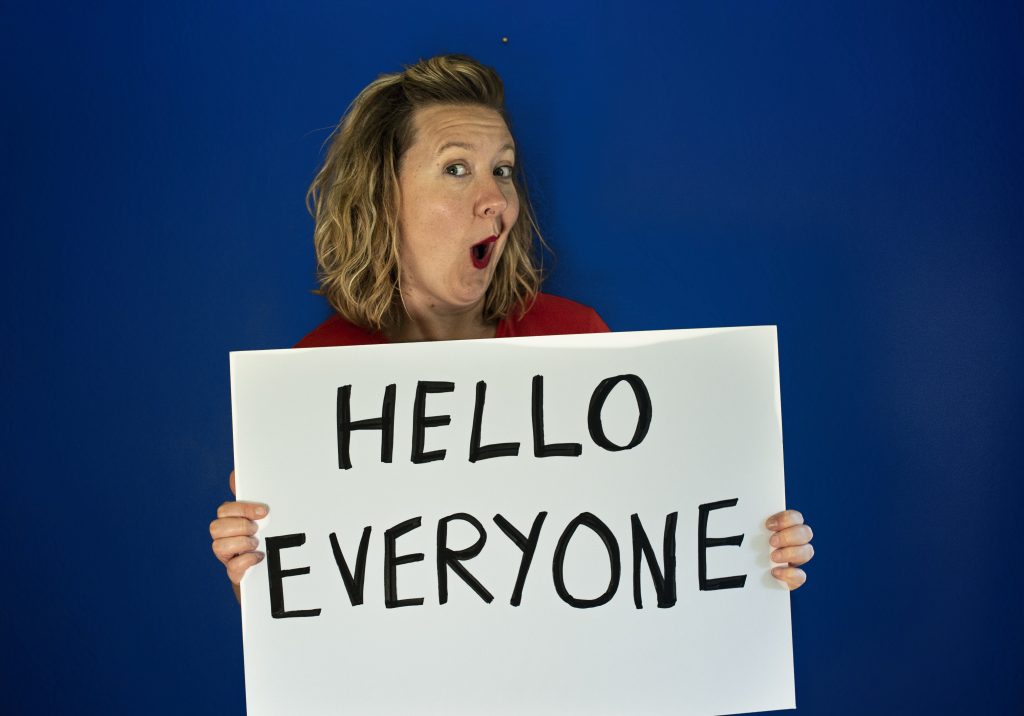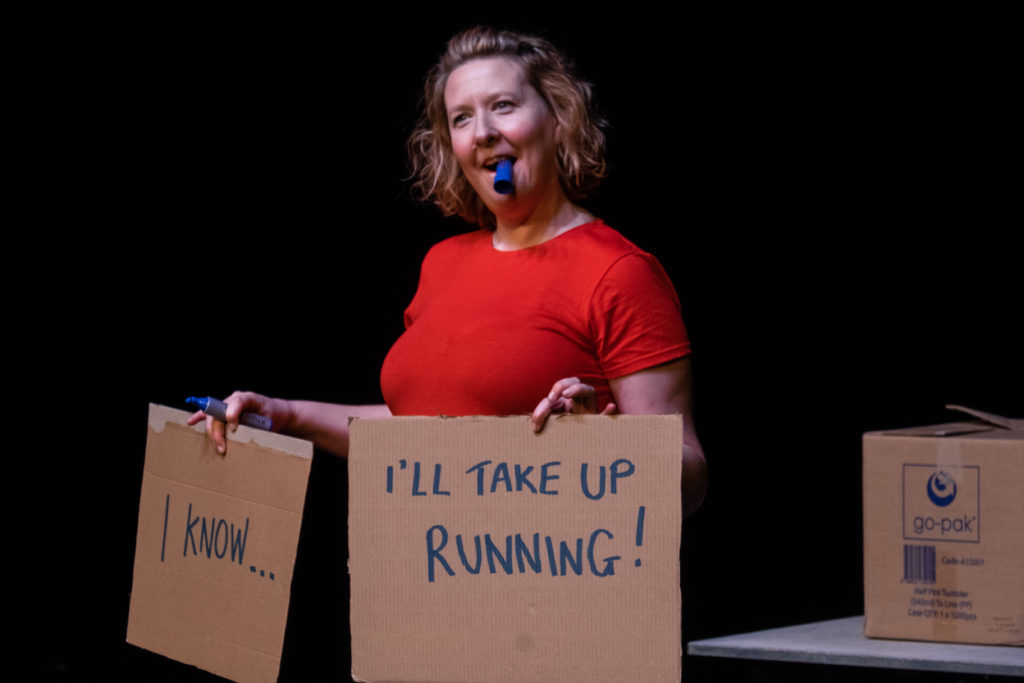
29 May 2020
This spring I cared for my mum in the last days of her illness. I wrote several times during that period as a way to comfort myself. Here is the last of three blogs taken from some of that material. In sharing them I am mindful that not everyone is able to care for, or even see, their loved ones, especially in these challenging times; that not all caring relationships and indeed family relationships are the same; and that some of these thoughts might be painful to read – but I have benefited from finding connectivity and community around loss and learnt how to be around it from the openness of others and so I wanted to make an offer in that spirit and with love for all of our experiences.
In some literature and cultures it is believed that there are three deaths. The first is that of the body, the second is when the body is committed to its final resting, the third is when there is no one left to remember you or speak your name.
My mum wanted to be remembered and she often saw her grandchildren as her legacy. As her daughter without children it occurred to me that I might feel lacking in not being able to provide a legacy in accordance with her feelings and that I wanted to serve my mum’s legacy in my own right.
This wasn’t the only question to come out of my recent experience with regard to being childless. When I think about the care I was able to provide for my mum the question naturally arises who will do that for me? In a society where more and more people don’t have children or whose families are separated geographically there is some real thinking for us all to do on what the future of care for our elders looks like. But for me that’s for another day. Right now I’m trying to check in with myself about my legacy deficit.
And then I do and find to my surprise that I am alright about it. I am trying to reverse engineer why that might be. I’m sure some part of it is to do with the time I have spent assimilating my thoughts and experience of being childless but it’s not just that – I’ve got a scrapbook of other possibilities.
First, when I think about my mum wanting to be remembered I am not sure if she meant that she didn’t want to be forgotten and that’s not necessarily the same. Since she died I have encountered an outpouring of feeling and respect that revealed a woman bigger than just the one I knew. Yet despite her strong character she sometimes didn’t see the extraordinariness of what she achieved. In terms of distance travelled, my mum achieved a lot in her time especially for her time. Within the historical context for women and personal circumstances all her own, my mum came a long way – but I don’t know if her confidence matched her achievements. Maybe in wanting to be remembered she wanted to know that she was visible – that she mattered. I know she did and the distance I travel springs from her achievements so her legacy goes on. Ripples carry movement before and behind them.
I then realise lineage is often thought of directionally. From this, to that, in a single straight line. That just isn’t my experience of influence. Perhaps inspired by the role model of my mum’s strong character, even though it felt like it was to establish my individuality, I have sought out amazing family friends, mentors, colleagues and confidants of my own. The matrilineal influence that starts with the imprint of a parent and then becomes a community – is not a line it’s a web. So although children of my own could have been a certain kind of thread it is by no means the only way that I vibrate my, or my mothers energy, into the world. And not the only way hers was shared. We all spin in all directions.
I think about our ancestors, our collective consciousness and I think about trees. If one falls in the forest and no one is there to hear it does it make a sound? What is the remembrance of a tree? It could be in the preservation of it’s form in antique furniture much loved and passed down from one generation to the next. But it can also be it’s quiet degradation as it shelters then feeds a whole ecology. Or it can burn. It can be bonfires around which we sit and make memories or provide heat at the heart of our home. All different, all sacred.
I’ve found in these blogs how time and space are more than how we choose to organise them. Once we expand our notion of connection my mum has abundant legacy irrespective of my family circumstance and I see myself in that. I carry her continuing presence alongside my own. I show her things through my eyes.
Our longevity is as expansive as our imagination. So perhaps the only things to be concerned with are continuing to dare greatly and being a bit less English about expressing emotion and gratitude. Instead sharing the release of telling people – without waiting for an occasion. I see you, I love you, you matter. We will say your name.
Thank you for reading.
My name is Victoria. My mum’s name is Christine.
***************

